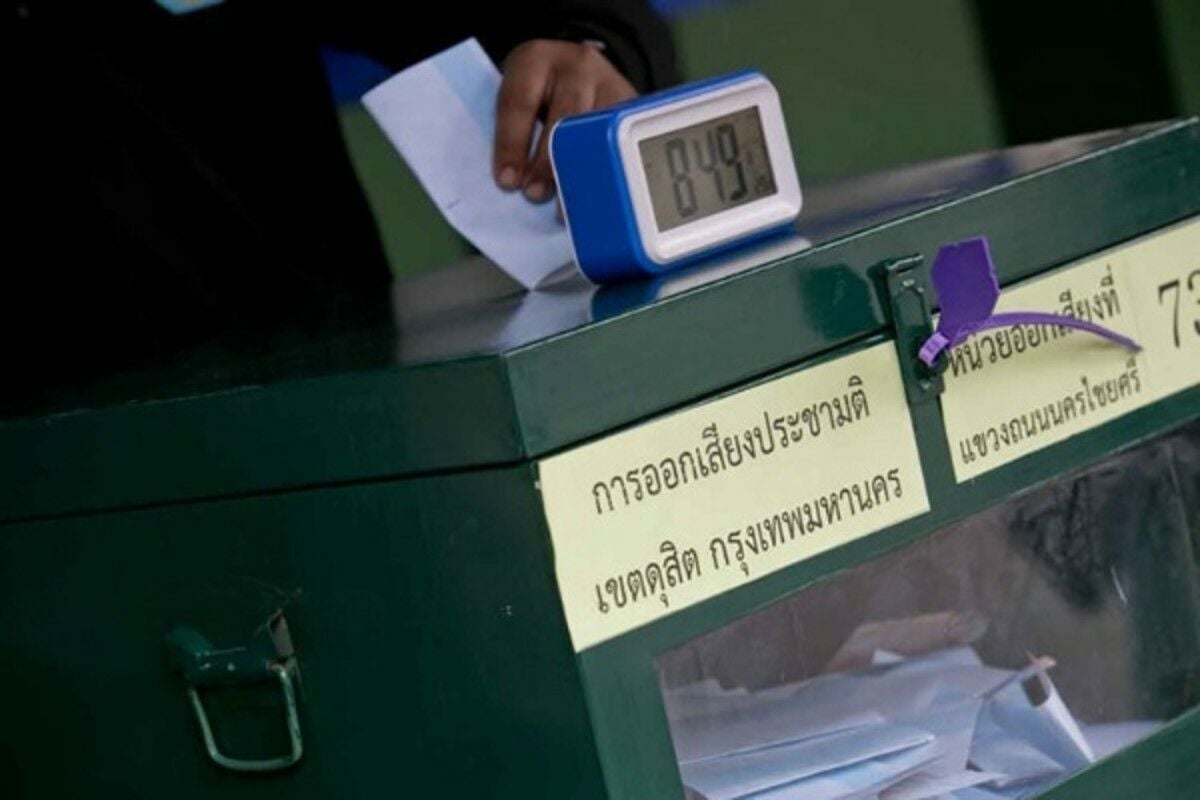Senate passes referendum bill, simplifies majority requirement

The Senate has given initial approval to the referendum bill passed by the House of Representatives, despite significant opposition from some senators. The contentious issue revolves around the bill’s replacement of the referendum’s double majority requirement with a simpler single majority or more than half of the votes cast.
At the conclusion of yesterday’s session, the Senate voted 179 to five, with three abstentions, to pass the bill in its first reading.
Phisit Aphiwatthanaphong voiced strong opposition to the removal of the double majority requirement for the charter referendum. He explained that the double majority refers to the Referendum Act’s stipulations, which require two conditions for a referendum result to be binding.
First, more than 50% of eligible voters must participate in the referendum. Secondly, the majority of those who cast votes must approve it.
Phisit highlighted that if approximately 10 million people turn out to vote, only 5 million need to support it for the referendum to pass, which would represent merely 10% of the 52 million eligible voters nationwide.
“For those who think the double majority requirement will delay the charter rewrite, I think there is no need to rush the rewrite, but it is crucial to ensure the proposal is legal.”
Prapart Pintobtang pointed out that the double majority requirement, a common practice in several other countries, has deterred many voters from participating.
Tewarit urged Prime Minister Paetongtarn Shinawatra to reconsider the Cabinet’s decision to include double-barrelled questions in the referendum, suggesting a need for clearer and more straightforward questions, reported Bangkok Post.
In related news, senators from professional group No.18, specialising in mass communication and literature, have committed to enhancing the status and quality of life for media professionals. One of the leading senators in this group, Chaiyong Maneerungsakul, revealed that the recently elected Senate candidates come from diverse media backgrounds, including roles such as public relations officers in hospitals.
Latest Thailand News
Follow The Thaiger on Google News:


























